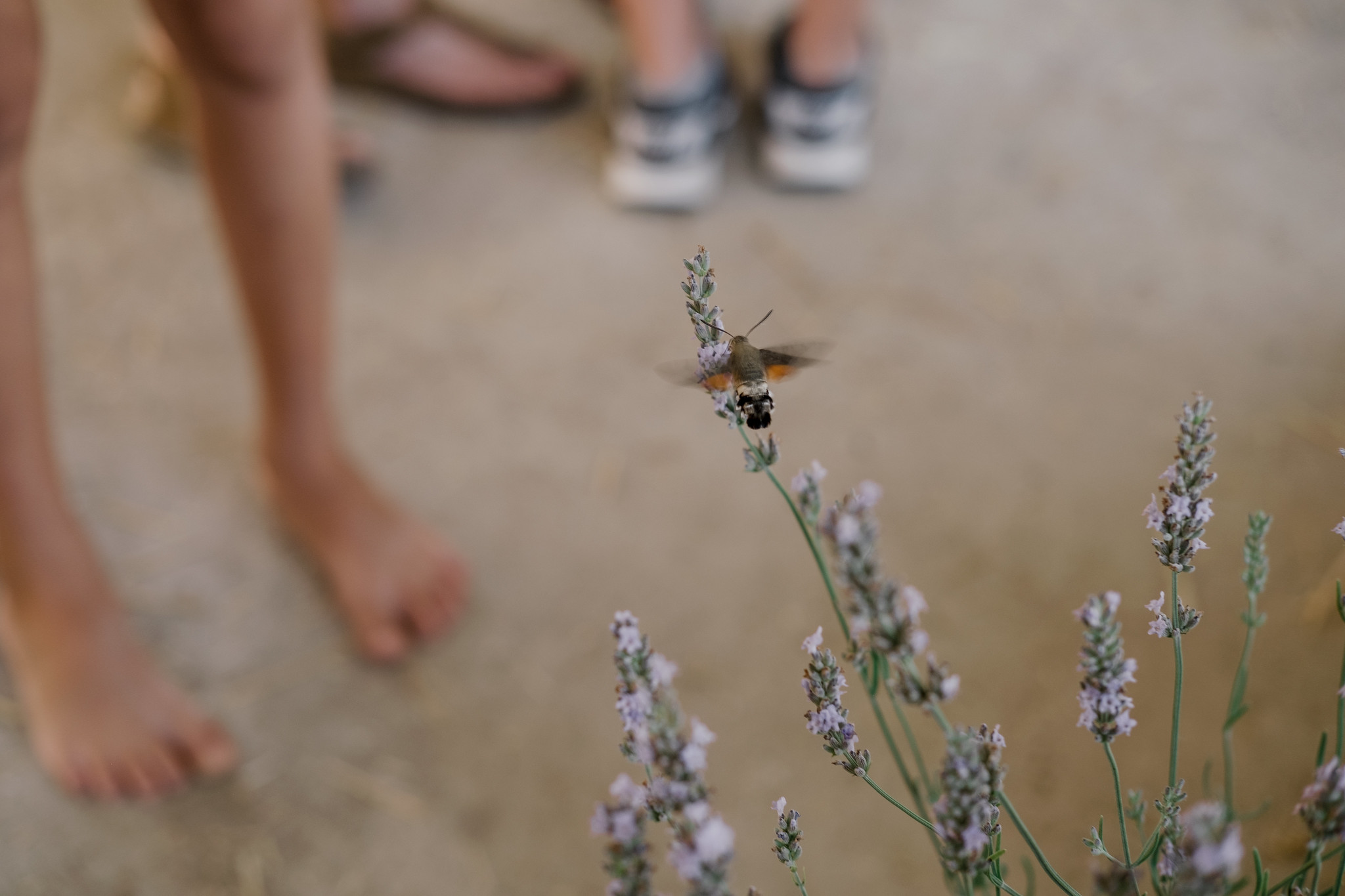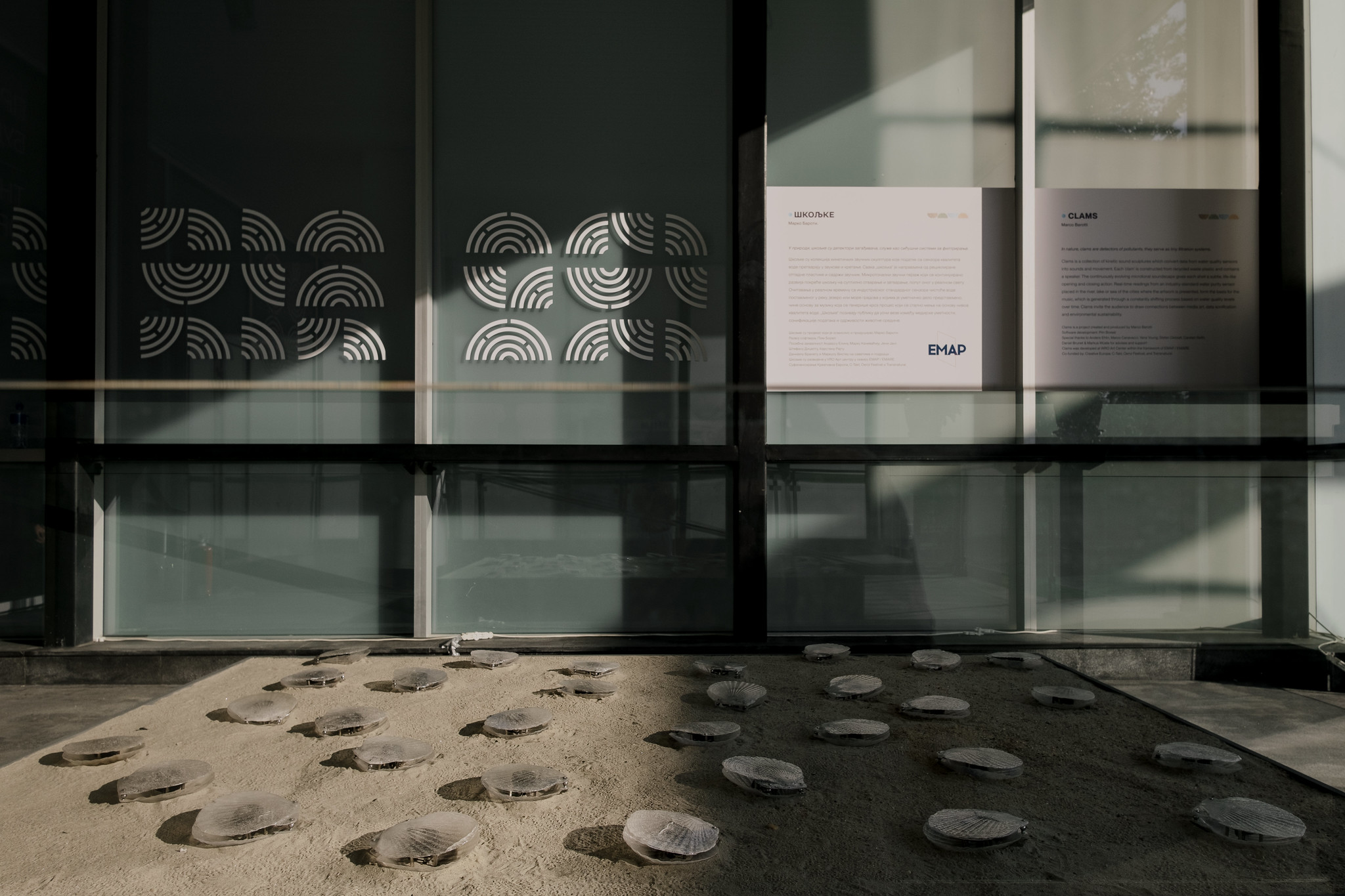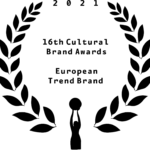We Take You to the Bio Art Forum in Novi Sad!
The Bio Art Forum, which will be held in the District in Novi Sad from 16 to 18 May, will bring together artists, researchers and experts who will examine the exciting intersections of art and biological sciences. During three days, participants will have the opportunity to hear lectures from some of the leading experts in the field, participate in workshops, interactive sessions and panel discussions. The forum represents a unique opportunity to explore new ideas and exchange knowledge about bio-art, offering an opportunity for networking and acquiring new knowledge, both for experienced professionals and for those who are just entering the world of bio-art.
You can see the programme here.
The event will be opened by Prof. Polona Tratnik, PhD, professor at the Faculty of Philosophy of the University of Ljubljana and senior researcher at the IRRIS Institute. Her lecture on the intertwining of art and biotechnology will lay the foundations for the discussions that will be held during the forum. Has art become biotechnology or is it just its promoter? What role does art play in relation to biotechnology? These questions will be at the heart of her lecture, which explores the exciting intersection of art and science.
On the first day of the Forum, panel sessions that show different approaches in bio-art will be held. Artists and researchers such as Margherita Pevere (Portugal), Robertina Šebjanič (Slovenia), Stevan Kojić (Serbia), Dorotea Dolinšek (Slovenia) and Ewen Chardronnet (France) will discuss the creation of art using living materials, systems and processes. The session explores how to curate bio-art – how to keep works of art alive while preserving their message. Artists, researchers and curators will share their experiences on how to ensure that these living works remain vital on display. The discussion will also deal with institution support, education and development of bio-art, in order for the unique art to remain available for future generations.
In addition to this, Adam Zaretsky, PhD, (USA) an artist who works in the laboratory, with a focus on ecology, biotechnology, body performance and gastronomy, will present in an interactive session bio-art workshops, intended for non-biologists. The session will explore topics such as transgenic human creation, gene aesthetics and reproductive technologies. Through these topics, Adam addresses the legal, ethical and social implications of the art form.
The second day of the Forum starts with an opening presentation by Roland van Dierendonck (Netherlands), an active member of the global Do It Yourself Bio community. His speech will focus on democratizing biotechnology through the use of accessible tools and encouraging interdisciplinary collaboration. On the same day, a panel session on DIY biohacking and Do It With Others (DIWO) approaches to bio-art will be held, where the ways in which artists are pushing the boundaries using accessible tools and open sources of knowledge will be in the foreground.
During the programme, a walk along the Danube bank and collection of samples will be organized. By exploring the surroundings of the Danube, participants will have the opportunity to delve deeper into the relationships between humans, other organisms and ecosystems, based on the ecological intertwining and interdependence of these different forms of life. Equipped with various samples and impressions from the previous day’s outdoor exploration, the participants
will engage in the collective transformation of the collected knowledge. From the knowledge gained, they will be guided to deliver a collective message and call to action.
The walk and workshop will serve as a prelude to a lecture by Jens Hauser (France), media studies expert and art curator from Paris and Copenhagen, specializing in interactions between art and technology, as well as trans-genre and hybrid aesthetics.
The forum will be rounded off with an interactive discussion on nurturing and the future of bio-art. Participants will discuss the potential of DIY approaches and collaborative efforts in democratizing bio-art creation, as well as the role of art in fostering environmental awareness and social change.
Bio Awaking is supported through the Creative Europe EU programme, which supports activities that develop cultural diversity and respond to the needs and challenges of the cultural and creative sector. The main objectives of the programme are to protect the competitiveness and economic potential of the cultural and creative sector, especially the audio-visual one. The programme’s new approach will contribute to the recovery of these sectors, supporting their efforts to become more inclusive, digital and environmentally sustainable.
The event is part of the ‘Bio Awaking’ project supported by Creative Europe, and the partners are the Reaktor Association of Citizens, the Kersnikova Institute, the Centre for the Promotion of Science, Greenways, SKUP, MSUV, the art+science portal and ’Novi Sad – European Capital of Culture’ Foundation.




